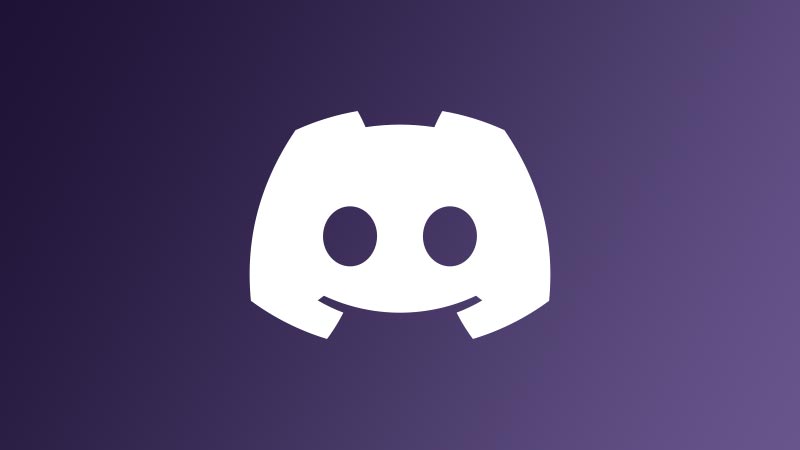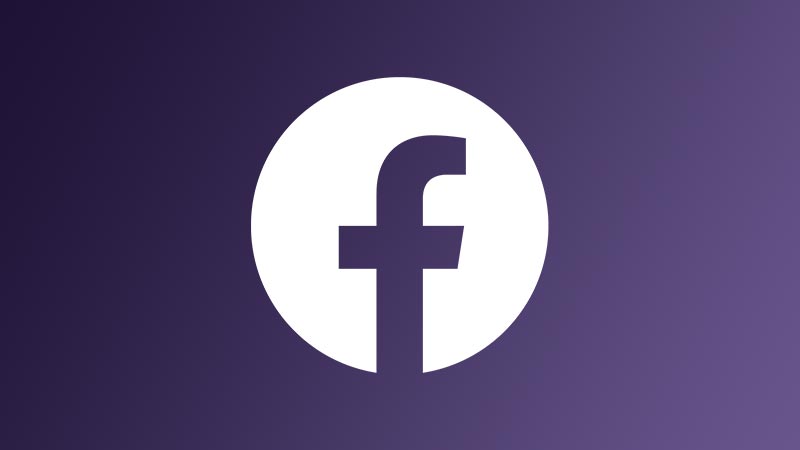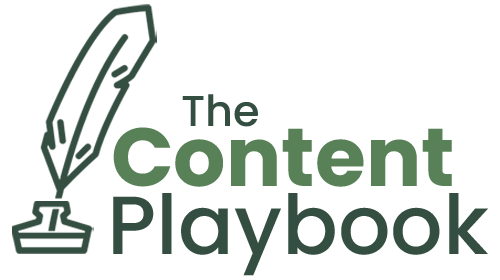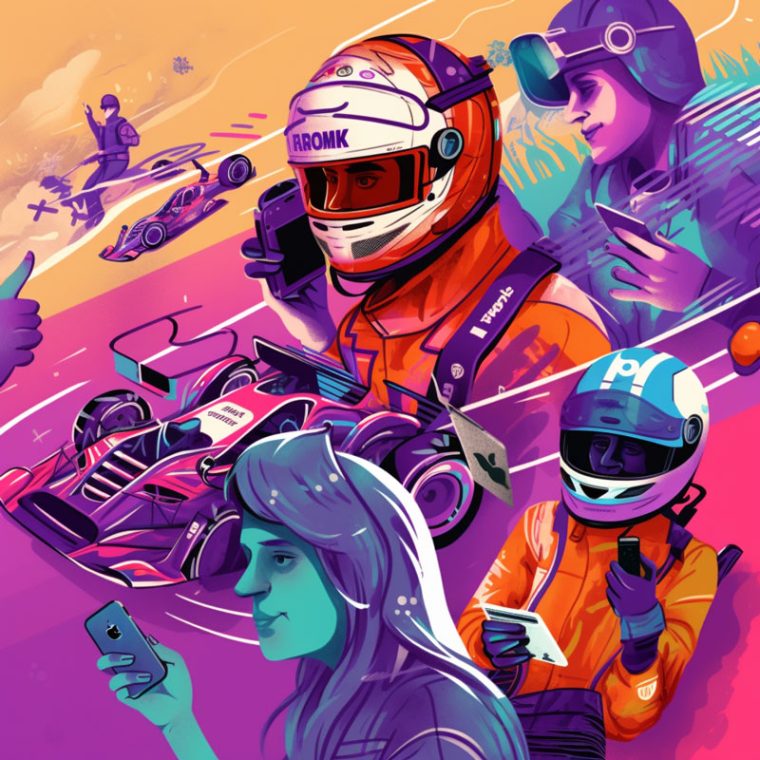Back in the day, the mid-naughties, I used to be part of a small football forum. Football Forever. I’d log in after school, chat about recent games, results, transfers, share graphics we’d created using dodgy photo-editing software. It was an online, civilised, closed community. And I loved it. But forums died away a bit. New fancy social media channels took over. We had MySpace, Bebo, and then Facebook rocked up. Eventually, my time was dedicated to Twitter, and I once again found myself talking about football online, but this time, the world could hear my thoughts. A potential audience of millions, right?
In reality, the world wasn’t really listening. This may be a damning indictment of my personality, but I’m laying it all out there: my Twitter timeline was and is pretty much a black hole, pinging thoughts into the abyss every now and again. I’m ok with that. I get stuff off my chest, normally live sports reactions, and move on. The real enjoyment and genuine positivity I get from Twitter is the reactive conversation. Replying and chatting with people I wouldn’t normally get to chance to. Valuable interactions beyond my day-to-day life. And that’s a key selling point. Meaningful engagement.
You may have cottoned on to my plan here, because where does that bring us? Conveniently, we’re going back to the forum. The revival.
Now Twitter isn’t a forum. It has posts (tweets), replies, and direct messages. Everything a forum has. But it can’t be managed; there’s no control, and it’s open to the elements. Those elements being negativity, toxic individuals, abuse etc.
That’s where closed channels show their worth. Managed communities. Safer spaces with a mutual interest.
Hello Discord. Hello Facebook Groups. Hello Reddit.
Examples of communities and their features

Oracle Red Bull Racing & Discord
Why create the community?
F1 has followed the path of football on social media. The conversations can be emotion-fueled, tribal, and just plain confrontational. Fans back their teams but end up going too far. It’s tricky to nail down why this has happened, and I’m not here for the cause; I’m here for the solution. Red Bull has found one.
Still on the mainstream social channels, sharing updates and managing the open community, the Red Bull team have also started building their own fenced community on Discord. One just for their fans. One they can manage with admins. Where fans can chat openly without sexism, homophobia, racism, or targeted abuse.
How do they use the platform?
The Red Bull Discord is split into a variety of channels to cover a load of bases:
- F1 Team Chat to discuss the team and upcoming/previous races
- Gaming to chat…gaming
- General for the everyday conversation, build relationships, have fun
- Official media for the video posts from the team
- NFT chat and suggestions to talk about their digital collectables and get ideas for future plans
Community spirit is embraced. The smart play of asking for feedback/suggestions means the channel is built by the fans people and creates a sense of inclusivity and ownership. You aren’t going to set fire to your own house.
Community building benefits of the platform
- No reach-destroying algorithms – You get the freedom to talk directly to all members, rather than whoever the algorithm picks
- Real real-time updates – Yep, Twitter does real-time, as long as you have the right timeline selected. For events like a raceday you can have live conversations going on Discord with split-second reactions, and fans can talk to each other like they’re WhatsApping a friend
- A boost to brand loyalty – Tailored communities like those on Discord heighten brand loyalty and affinity. It’s an active opt-in audience rather than a passive social one
- Noise-free – The area is purely for your fans, and you control the content. There’s no competition for attention , and certainly no rival fans causing issues

SW7 Academy & Facebook Groups
First up, I’d like to say this isn’t an advert. This is a genuine review of something I’m a big fan of. I have a membership, and I plan to keep that membership until I can no longer get to the gym!
Why create the community?
SW7 Academy is a digital-first strength and conditioning programme created by Sam Warburton (Wales/Lions Rugby pro) and Josh Davies. It’s a subscription-based fitness plan through an app, as well as some coaching sessions in person, depending on the plan you choose.
The joining process is nice and simple. You sign up, fill in your physical details, choose what you want to achieve, and the guys create a personalised meal & workout plan for you. There’s much more to it, but this article is about their community building,…
So, onto that community. Why does SW7 Academy need one? Well, because the whole concept is gym based. And that calls for motivation, support, even education. The guys are taking on the role of your personal trainer, but they’re doing it whilst stuck inside your phone. In the absence of face-to-face contact, they needed a digital environment to provide the encouragement and answers. It could have been WhatsApp, they chose Facebook Groups.
How do they use the platform?
As soon as you sign up, you get access to the private Facebook Group, admin’d by Sam and Josh. You’re instantly part of what feels like an exclusive community. You’re also alongside other members: like-minded individuals all on a similar journey. The two primary ways the group is used are:
- Instant personal access to the experts – Got a question about anything to do with the plans or general fitness? They’ll answer it within the day. Think of it as a support ticket
- Motivation – A gym can be daunting. Having to try exercises you’ve never attempted before, even more so. Asking for tips and advice through the group always gets responses and words of encouragement.
The community spirit is developed through the unity of the gym. Everyone going through the same process, albeit with different weights, but lift someone up, and someone else will lift you up. A closed community is a recommended play for any fitness-based subscription service.
Community building benefits of the platform
- Exclusivity – If it’s a private group, you have to be invited or granted access – a process that adds a degree of status for each of the members
- Multimedia interactivity – Facebook Groups can host live video, polls, Q&As. You can create your own ecosystem for loyal fan
What’s next for digital communities?
The future is bright. Again. But not everyone should jump on the digital community trend. It’s got to be about common sense. Think of the industry. And the product. And most importantly, the audience. You sell bread? Fine. Sell bread, but people aren’t going to want to talk to other like-minded bread buyers. If you teach people to bake bread, that’s another story.
Communities are for the passionate. They’ll work for sports teams, subscription services, hobbies and niches. When I think of Lego, I think of a community. When I think of Teacher training resources, I think of a community. So I see a big future when used right.
Brands will be able to attract, nurture, and support their most loyal fans and customers. That will only prove to be a positive – financially and emotionally.


